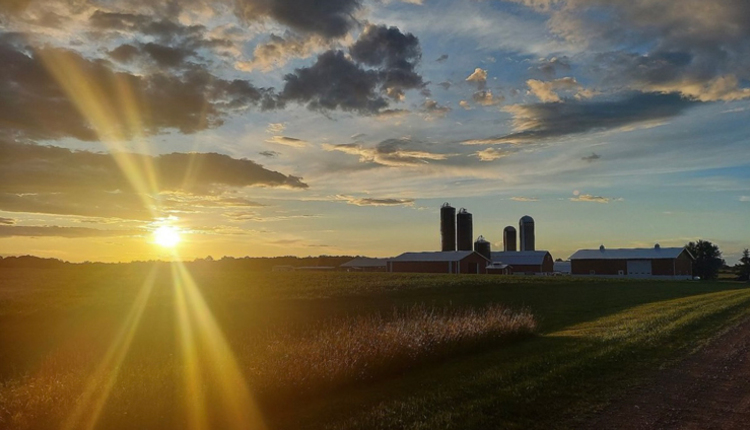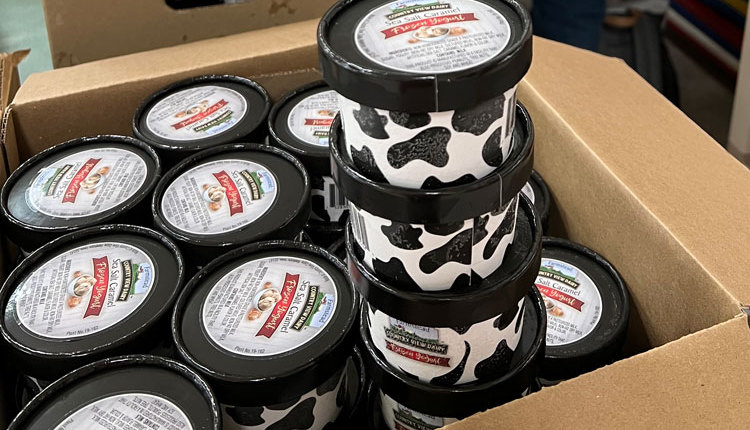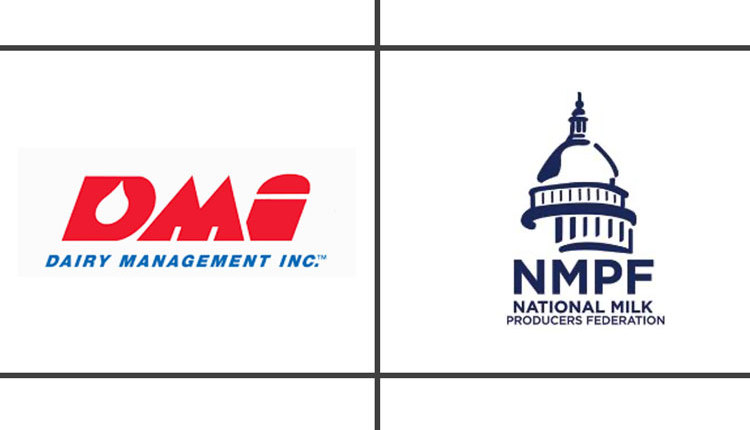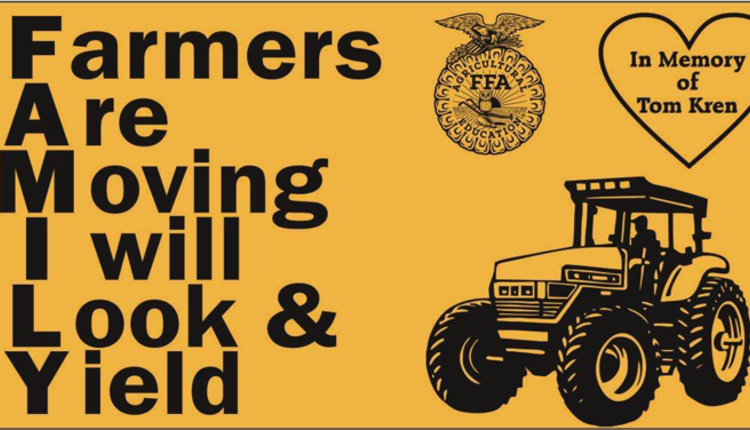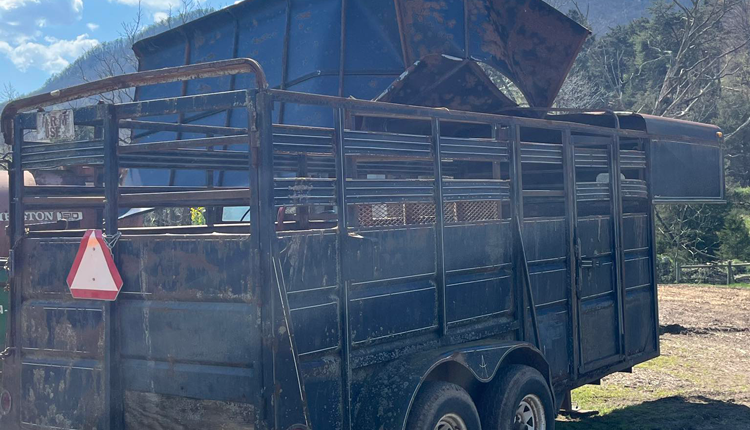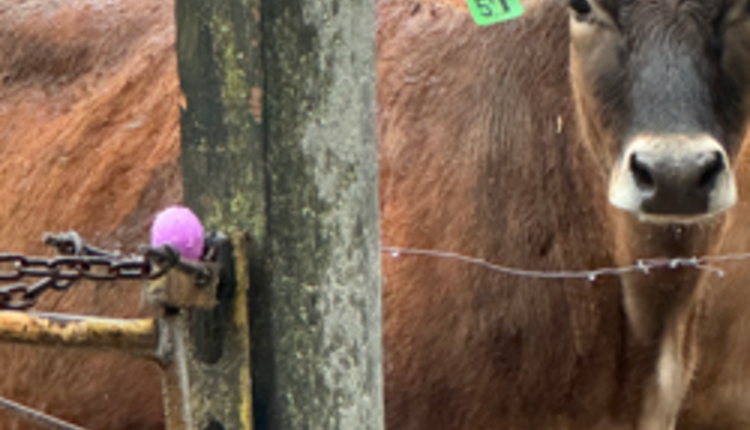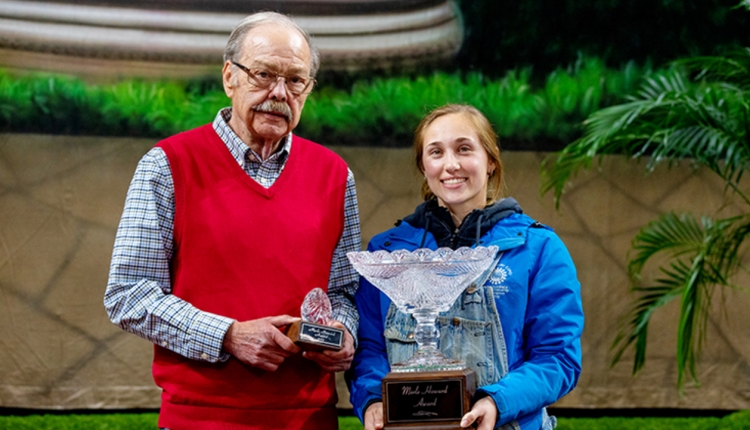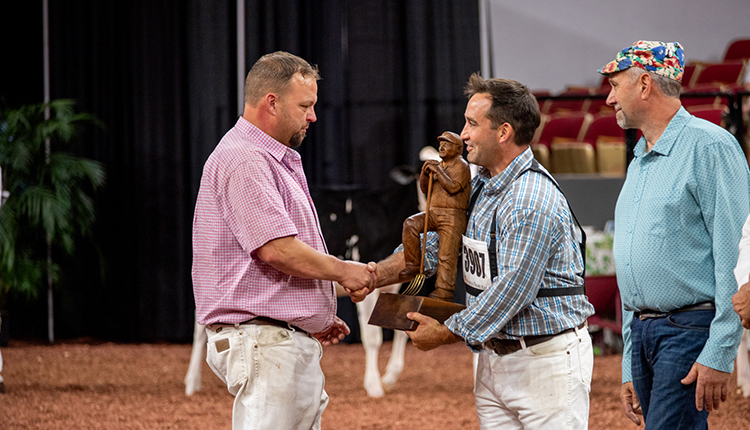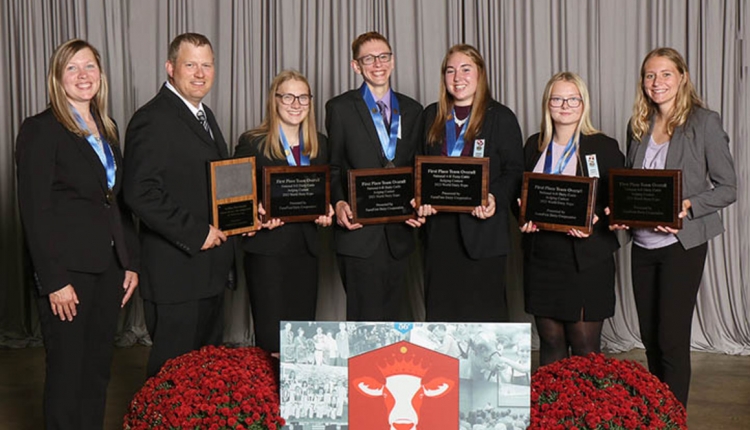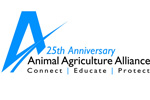 It's going to happen! That was the attitude of senior staff from the House and Senate Agriculture at the Animal Agriculture Alliance's Stakeholders Summit in Arlington, Va. Anne Hazlett, chief counsel from the Senate Agriculture Committee, first explained the reason we need a Farm Bill.
It's going to happen! That was the attitude of senior staff from the House and Senate Agriculture at the Animal Agriculture Alliance's Stakeholders Summit in Arlington, Va. Anne Hazlett, chief counsel from the Senate Agriculture Committee, first explained the reason we need a Farm Bill.Hazlett explained that although agriculture laws can be found in many places, we need a new over-arching Farm Bill every five to seven years. The Senate Agriculture Committee marked-up their version of the draft last Thursday. Hazlett ran through highlights of some changes that livestock producers should take note of.
First, she admitted there was no doubt there were reductions in funding. The questions surround what the cuts will amount to and where they will come from. The Senate's markup reduced spending by $23 billion over the course of the Farm Bill. Hazlett noted some changes that livestock producers should look for:
1. Title I creates a new margin insurance program (the Dairy Security Act) for dairy, and also puts money into a livestock disaster program.
2. Title II (the conservation title) was worked to streamline many programs. Many producers have commented that EQIP (Enivornmental Quality Incentives Program) is working well already. They expect few changes, and continued the 60 percent allocation for livestock in the current Senate draft. Also, CSP (conservation security program) and CRP (conservation reserve program) remain intact. CRP also adds more flexibility for livestock producers during disaster times. It will also allow beginning farmers to graze land with no rental reduction.
3. In Title VII (the research title), the Senate markup looks to create a nonprofit 501C3 organization to raise money for food and agricultural research. This is already being done by the Food and Drug Administration and other government entities with great success. At formation, the foundation becomes totally private with no government ownership.
Hazlett also noted that there is no livestock title in the Senate's mark-up, and they don't anticipate it being added to the bill.
Hazlett asked the audience to watch for animal welfare issues from the greater house floor, on the heels of the Humane Society of the United States and United Egg Producers partnership. Amendments on antibiotics and checkoffs may also be in play. Hazlett asked the producers of our country to call their legislators if they would like to also be heard. The D.C. staff and elected officials need to hear both sides of the story.
Pete Thompson, senior staff with the House Agriculture Committee, couldn't comment as the House version of the Farm Bill is yet to be marked-up. But he noted although it doesn't look like there's a clear path, D.C. is unpredictable. For example, when he agreed to speak at the Animal Agriculture Alliance's Summit, he had no clue that lean finely textured beef (classified as "pink slime" in the media) and bovine spongiform encephalopathy would be on the docket. Thompson explained that for this reason, planning in D.C. is sometimes not worth the effort, as public events often lead the debate.
The Animal Agriculture Alliance Stakeholders Summit continues today and tomorrow morning. You can follow our tweets at www.twitter.com/HoardsDairyman.
Hazlett also noted that there is no livestock title in the Senate's mark-up, and they don't anticipate it being added to the bill.
Hazlett asked the audience to watch for animal welfare issues from the greater house floor, on the heels of the Humane Society of the United States and United Egg Producers partnership. Amendments on antibiotics and checkoffs may also be in play. Hazlett asked the producers of our country to call their legislators if they would like to also be heard. The D.C. staff and elected officials need to hear both sides of the story.
Pete Thompson, senior staff with the House Agriculture Committee, couldn't comment as the House version of the Farm Bill is yet to be marked-up. But he noted although it doesn't look like there's a clear path, D.C. is unpredictable. For example, when he agreed to speak at the Animal Agriculture Alliance's Summit, he had no clue that lean finely textured beef (classified as "pink slime" in the media) and bovine spongiform encephalopathy would be on the docket. Thompson explained that for this reason, planning in D.C. is sometimes not worth the effort, as public events often lead the debate.
The Animal Agriculture Alliance Stakeholders Summit continues today and tomorrow morning. You can follow our tweets at www.twitter.com/HoardsDairyman.

